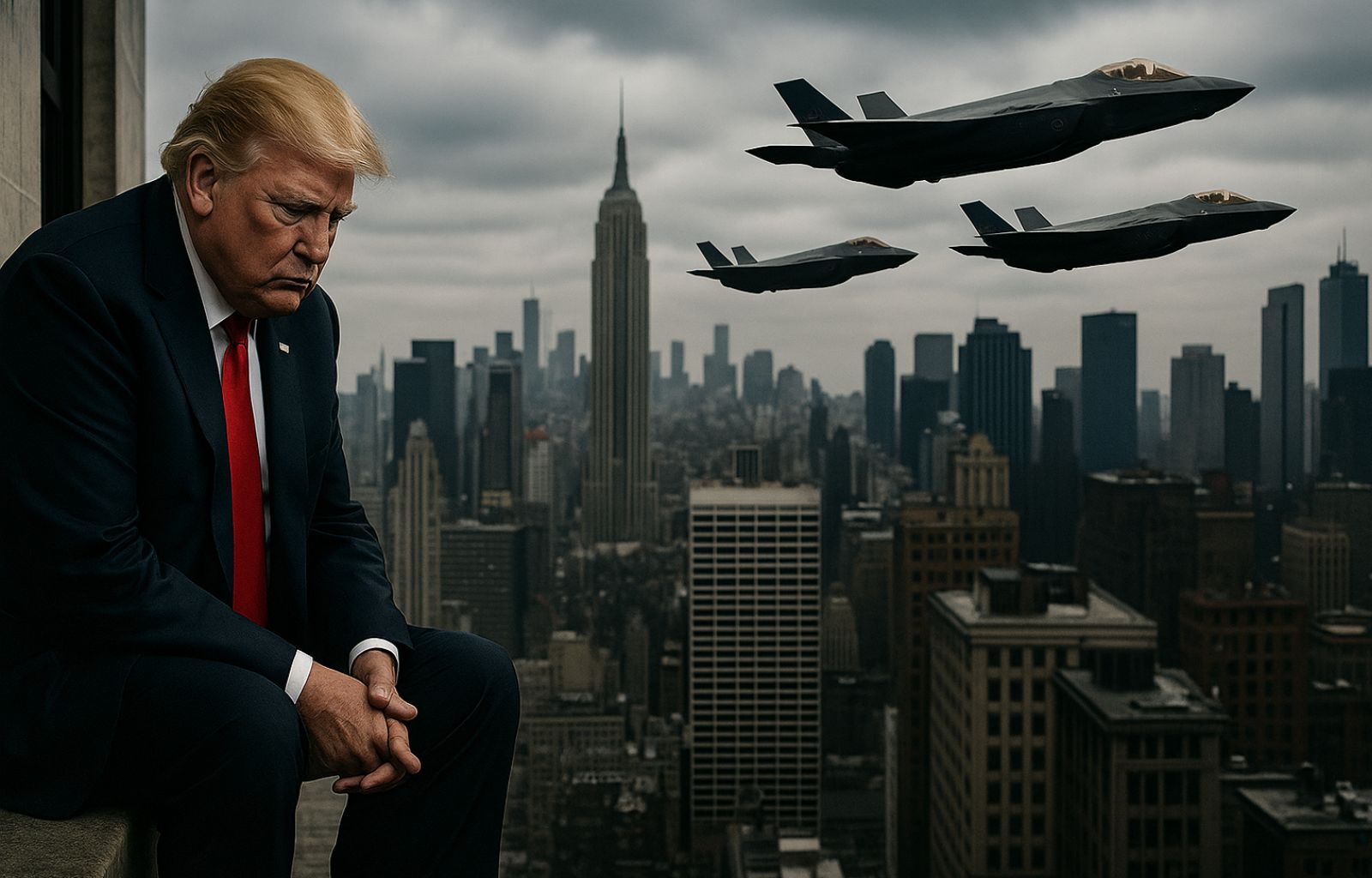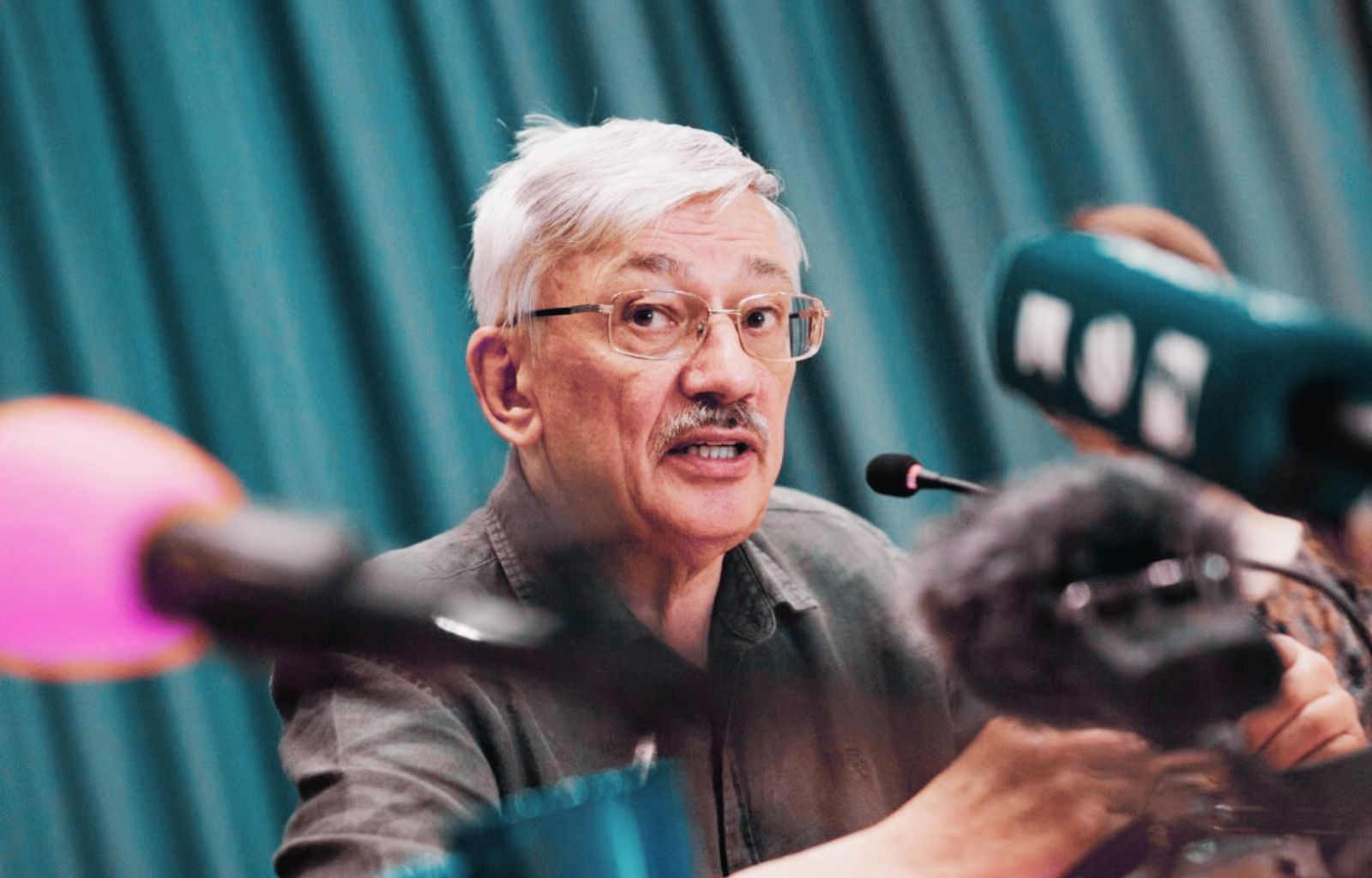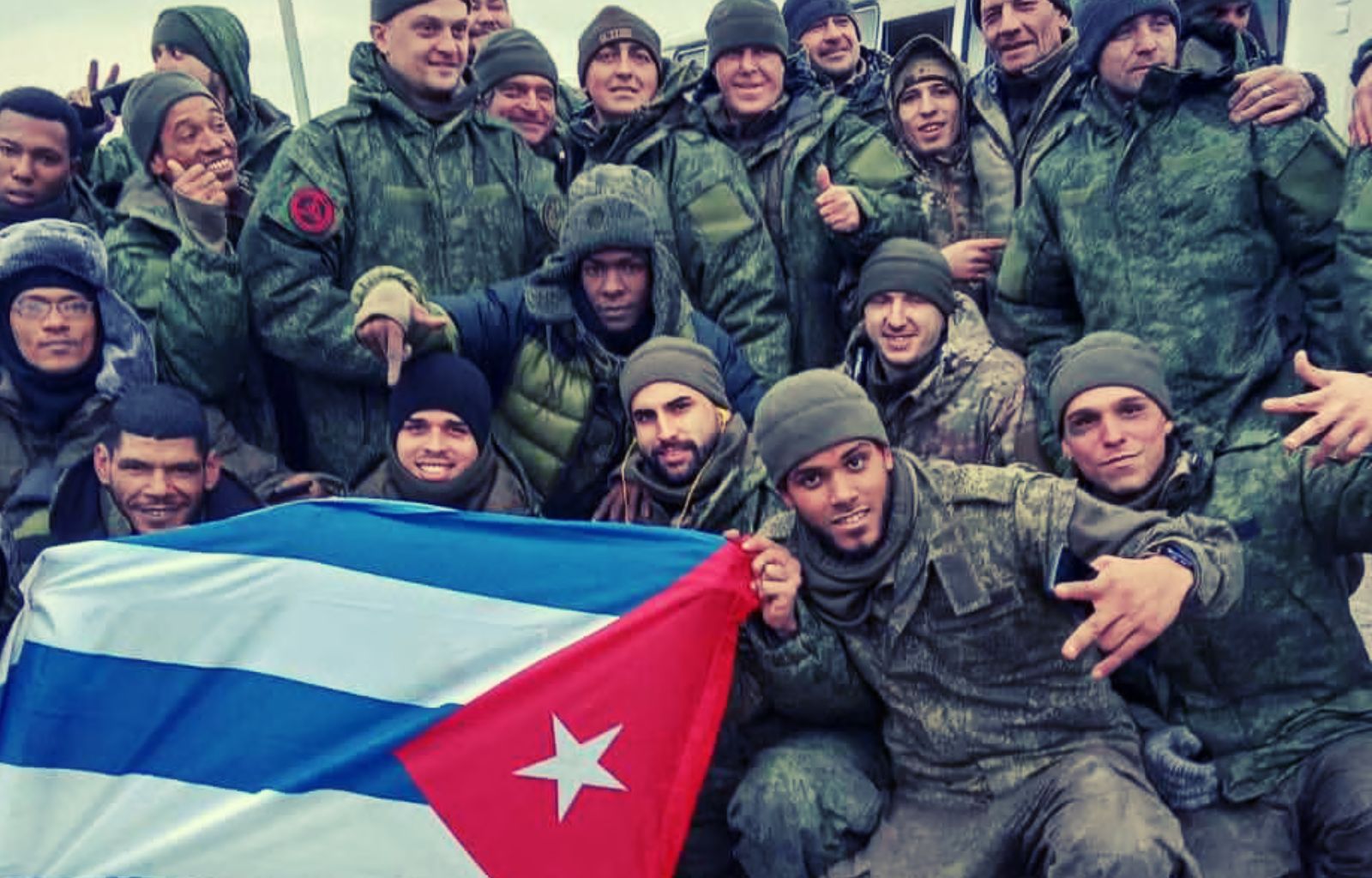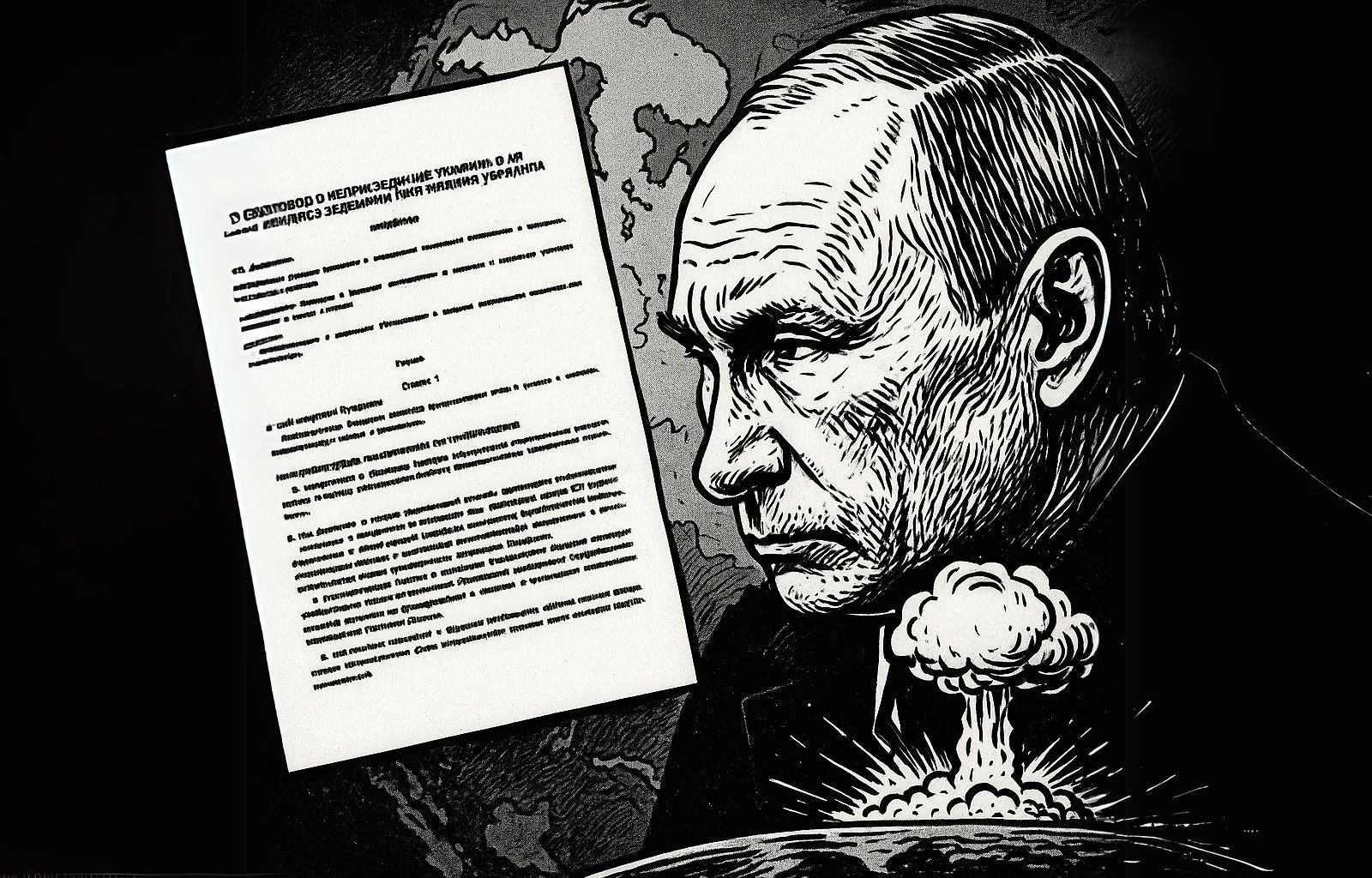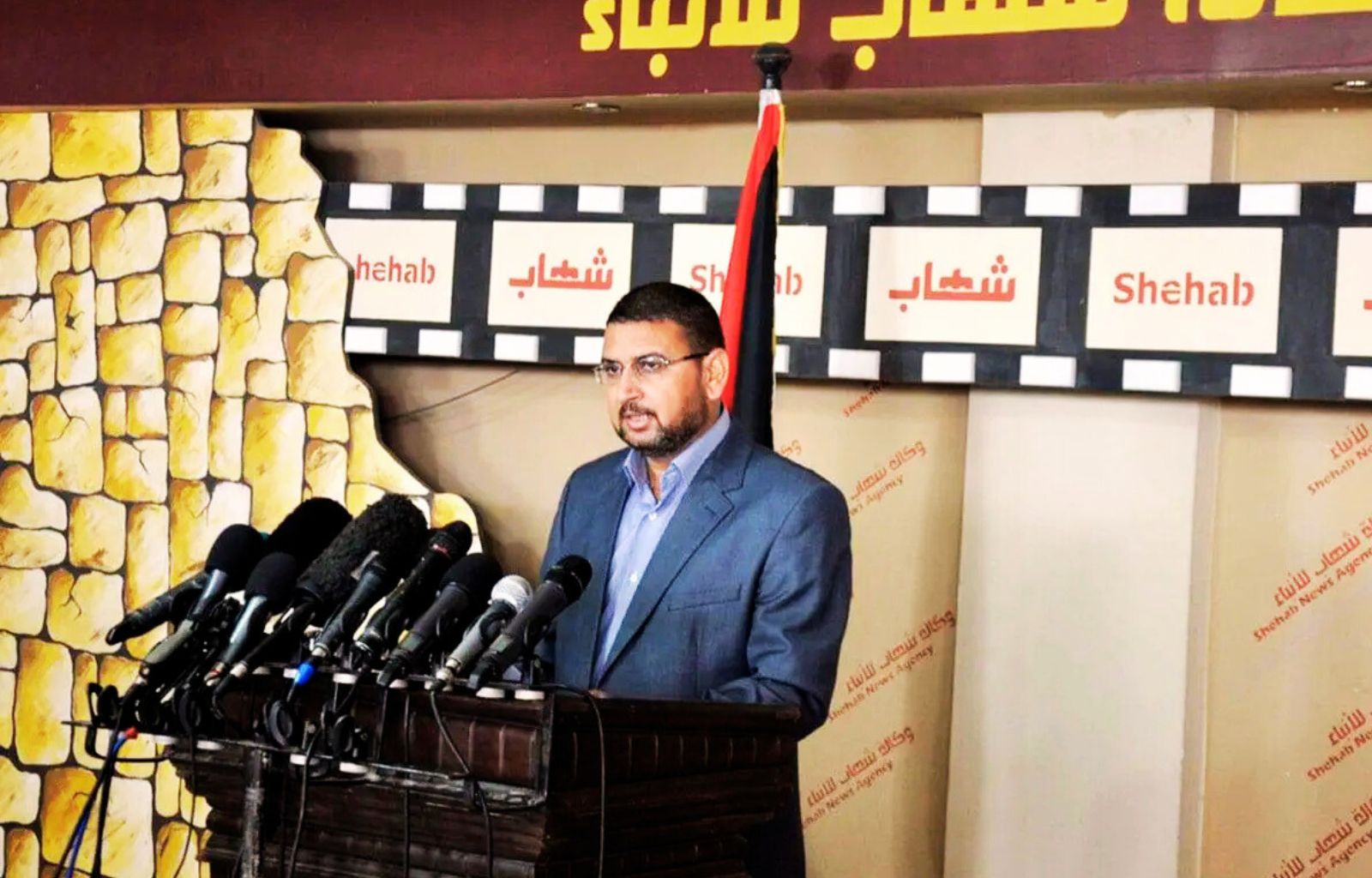Beyond NATO: it is now Europe’s turn to join the Ukrainian army
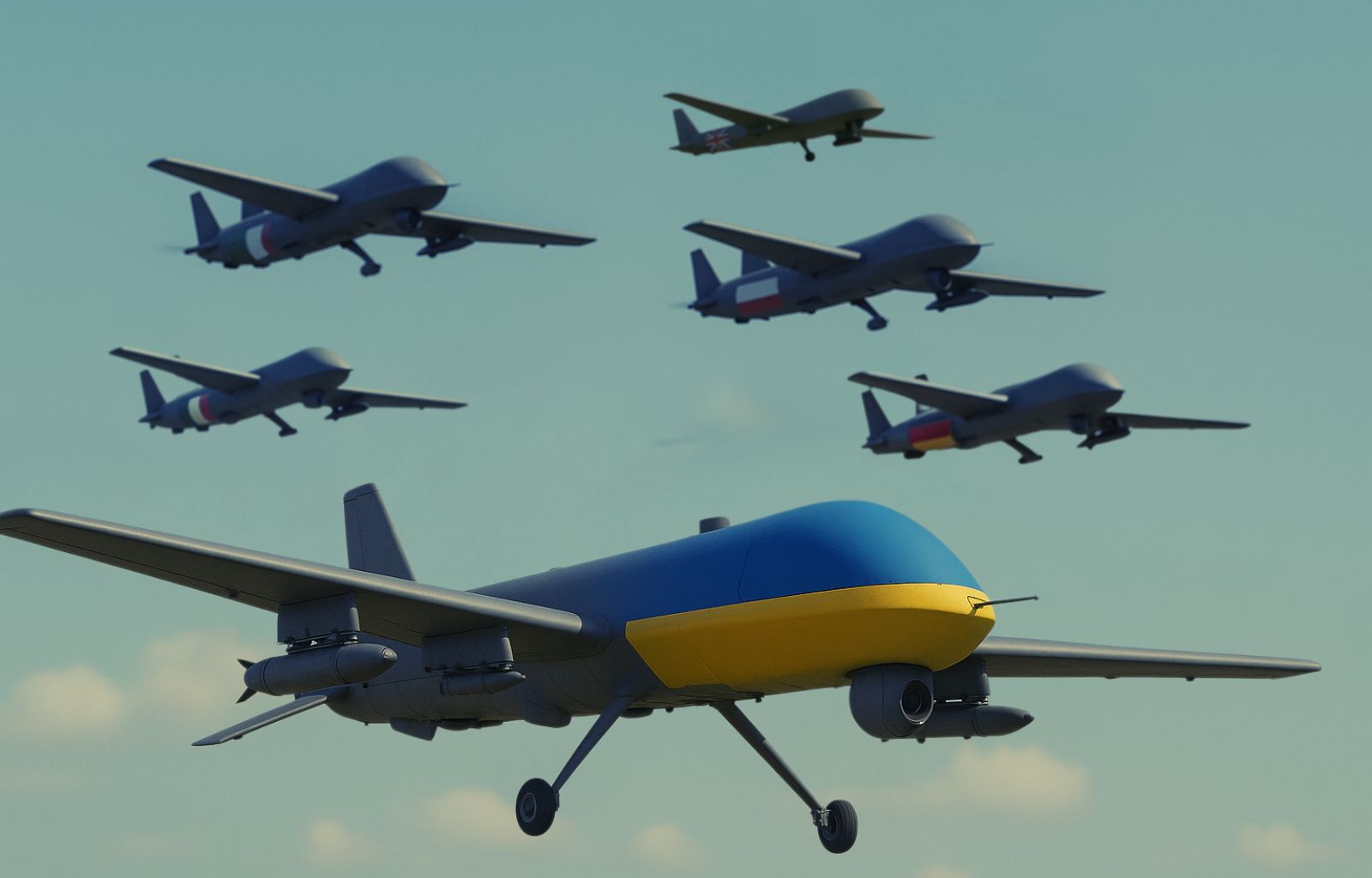
The annihilation of Russian strategic bombers by the Ukrainian army, which took place in a lightning-fast operation independent of any visible Western support, marked a decisive step in the war in Ukraine. It is not only its military effectiveness that is impressive, but its symbolic charge: Kyiv is now the beating heart of a new idea of European strategic autonomy. While the West questions the resilience of NATO, Ukraine acts, innovates and resists with a determination that is changing the parameters of continental security.
Kyiv, hotbed of war and innovation
Today, the battlefield is dominated by drones, distributed intelligence and a widespread and ingenious manufacturing capability. The Ukrainian resistance is now sustained by a technological ecosystem similar to the early years of Silicon Valley: small groups of inventors, hackers, and self-taught engineers who, in garages across the country, design and build new war tools. Thousands of unmanned air strikes hit Russian forces every day, making any manoeuvre on the ground increasingly difficult. Artillery has given way to software, miniaturisation and rapid adaptation. It is a new paradigm of warfare, born of need and honed by the urgency of survival.
This innovation, however, has a significance beyond effectiveness on the ground. It is emancipating Kyiv from Western dependence. The operation that hit the Russian bombers demonstrates a growing autonomous capacity for planning, intelligence and logistics. This is where the very concept of ‘alliance’ falters. If Ukraine can do on its own what NATO struggles to even discuss, who is really protecting whom?

What the operation against the Russian Strategic Air Force tells us is that Kyiv is moving from the defensive phase to a strategic projection capability. Destroying bombers does not just mean inflicting casualties: it means neutralising the nuclear threat capability, wearing down Russian military prestige, and making vulnerable the apparatus on which Moscow has built its power. If this action is part of a wider campaign, then a new phase of the war opens up: one in which Russia may begin to fear for the security of its own territory.
NATO, a shadow of its former self
Meanwhile, the Atlantic Alliance is spiralling into an existential crisis. As Christian Spillmann wrote in Il Mattinale Europeo, the spirit of NATO is dead. It has remained an empty vessel, maintained for convenience. The American presence, once a guarantor of security, is now experienced with ambivalence: necessary, but intrusive; strategic, but unstable. Donald Trump has broken the bond of trust with Europe, turning NATO into a tool in the service of his own power design. American interference in the domestic politics of allied countries – such as Poland, where Security Secretary Kristi Noem has openly blackmailed the electorate – has pushed the Alliance to the brink of moral and political collapse.
In this context, Kyiv’s actions take on an even stronger meaning: while the Alliance fragments, Ukraine consolidates. It does so on its own, certainly thanks to Western financial support, but essentially on its own. And in this vacuum of strategic leadership, it is precisely the Ukrainian victories that redefine the credibility of the Western front.
From autonomy to deterrence
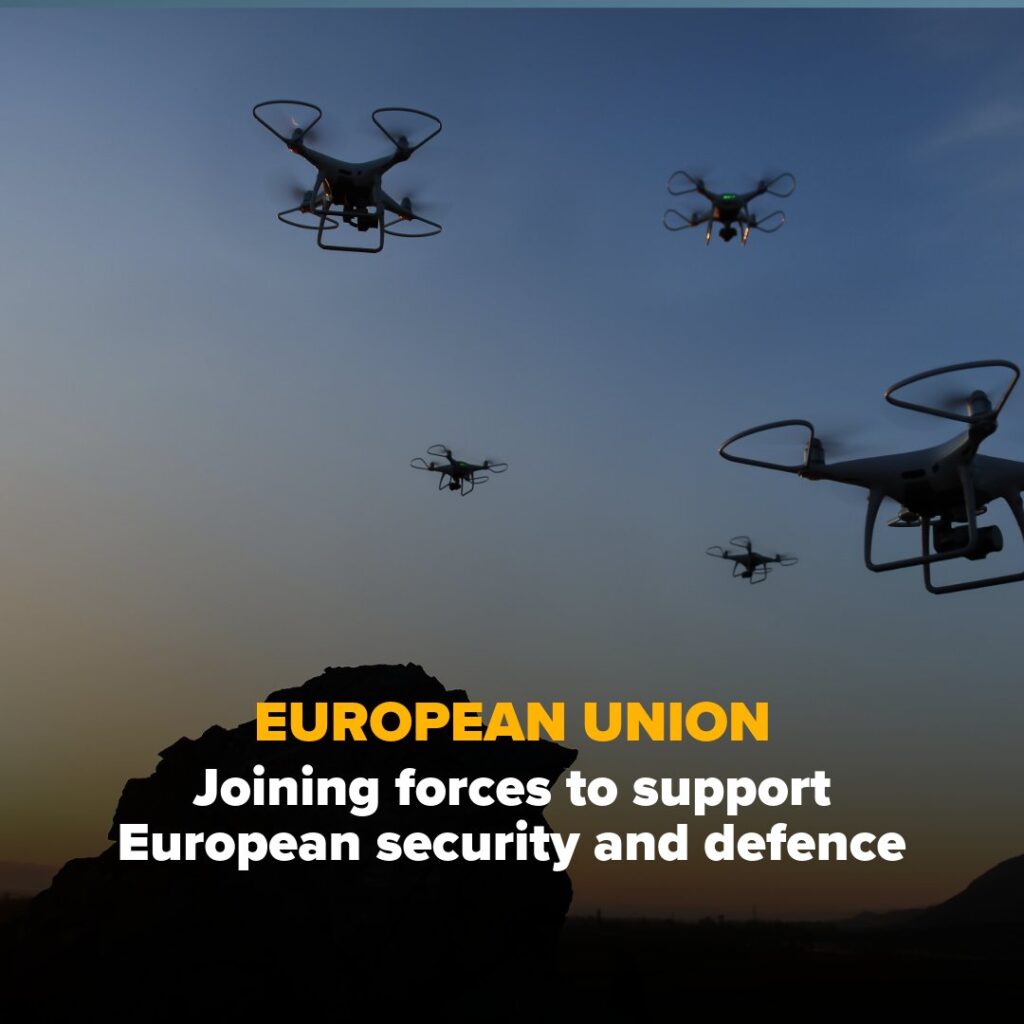
In parallel, Europe is waking up, slowly but with increasing awareness. German Chancellor Friedrich Merz announced an agreement with Kyiv for the joint production of long-range weapon systems capable of striking deep into Russian territory. It is a collaboration that knows no restrictions in terms of range and marks a clear shift in the German strategic posture – until yesterday refractory to any initiative that could appear as escalation. At the same time, Berlin has launched a new five billion euro package in military aid, which is also intended to boost the local production of advanced armaments. But the awakening is not only national: on 6 June, in Warsaw, the public financial institutions of France, Germany, Italy, Poland, Spain and the European Investment Bank signed a strategic agreement to strengthen the European defence industry by focusing on research, production capacity and infrastructure. The aim is no longer simply to support Kyiv, but to build a European security industrial base, capable of facing the threats of today and tomorrow.
Summing up the spirit of the moment, Estonian Defence Minister Hanno Pevkur said: ‘Better to spend 5 per cent in peacetime than 35 per cent in wartime‘. This is perhaps the phrase that best encapsulates the continent’s new strategic consciousness.
Kyiv leads the new security order
That is why it no longer makes sense to debate NATO membership as an abstract issue. Kyiv is in fact creating a new security order, built on the ground, fuelled by innovation, resilience and operational capabilities that no other European country has developed with the same intensity in recent years.
Putin, today, knows that any attack on a Baltic or Eastern European country will have to reckon with a force that did not exist in 2022: a Ukraine transformed into a technological power, autonomous, determined, allied in substance if not in form. And that changes everything. For while some NATO allies falter, Kyiv has already demonstrated what it means to deter an aggressor: to strike with precision, to innovate faster than the enemy, and to hold out longer than expected.
Today, Europe can and must invest in its defence with one more certainty: that of being able to count on an operational partner that is already tried and tested, efficient, motivated, and with a modern and advanced knowledge of the battlefield.
Any security scenario that does not include Ukraine is already obsolete. And any attempt at post-conflict ‘normalisation’ that implies the defeat or neutralisation of Ukraine would mean handing over the most powerful military infrastructure born in Europe in the 21st century to Moscow without a shot in the arm. This, more than any official declaration or formal commitment, is the real deterrent. And it is on this new reality that Europe will have to build its security.

